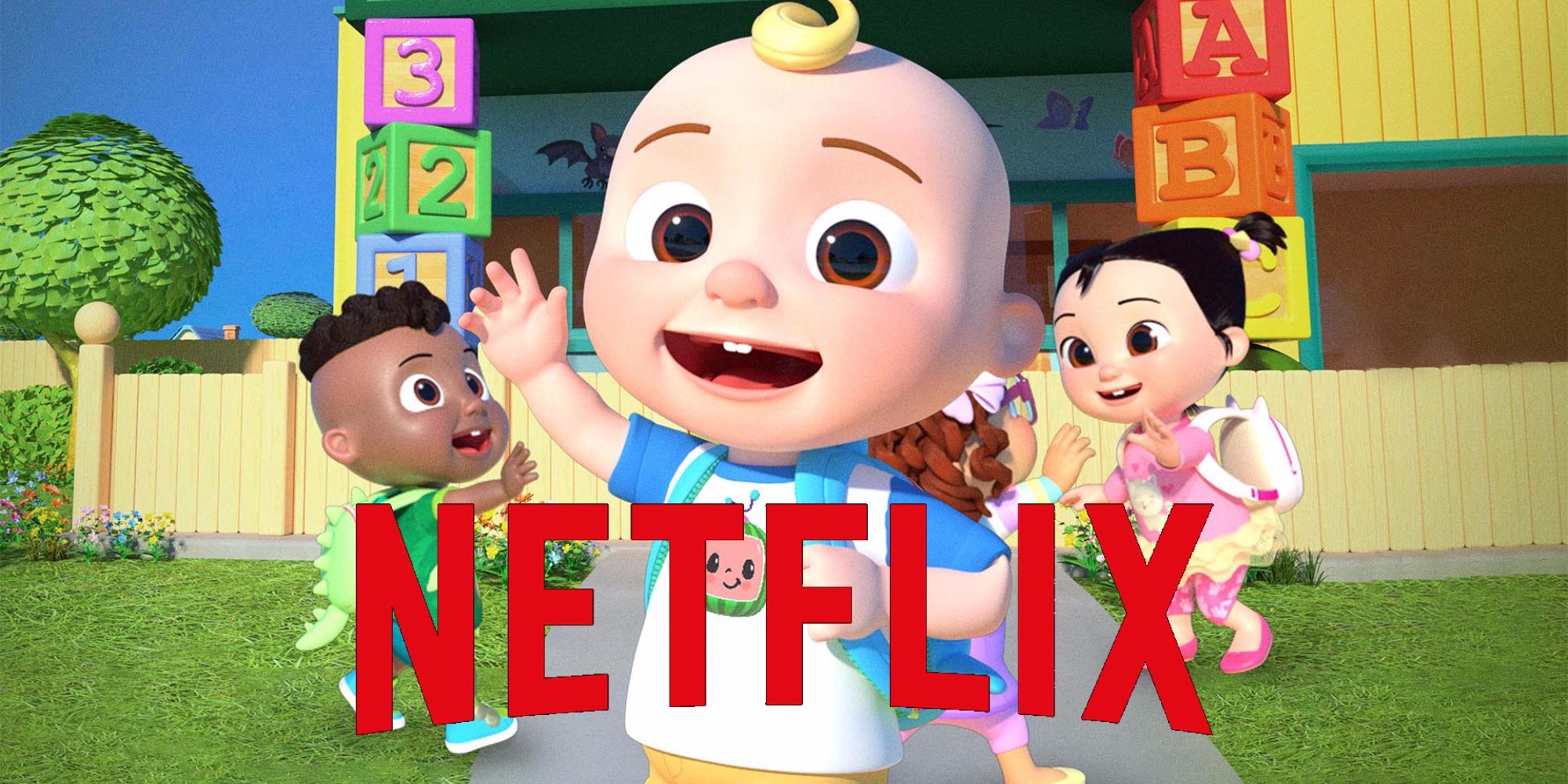
Netflix’s Cocomelon Series Makes Its Animation Purge Even Worse
With Moonbug Entertainment, Netflix has ordered several more seasons of CoComelon Lane and more shows, such as Little Baby Bum: Music Time, and while this makes sense financially, it also makes Netflix’s recent purge of animated shows a harder pill to swallow. CoComelon is nothing short of a phenomenon. Created by Jay Joen in 2006, the CoComelon YouTube channel is currently the second largest YouTube channel in the world. After making the leap onto Netflix, CoComelon has been a perennial feature in Top 10 catalogues around the world. Adored by children, CoComelon has risen to be a fixture in households with children under the age of five, like other child-friendly shows, such as Paw Patrol. It shouldn’t come as a surprise that Netflix has placed its chips on the children’s show.
The role that children’s programming plays in the streaming wars has never been more important. With the growth of Disney+ and HBO Max, which boasts Mickey Mouse projects and Sesame Street respectively, Netflix identifies that ensuring the subscriptions of households with children is key to remaining at the top. Netflix’s desire to continue to grow was made more poignant by the platform’s recent subscriber drop, which saw Netflix lose 200,000 subscribers in the first quarter of 2022, the company’s first subscriber loss since 2011.
Netflix’s loss of subscribers has forced the company to become more financially ruthless, and its animation content has been the largest sacrifice so far. In April 2022, Netflix canceled Dino Daycare, Roald Dahl’s The Twits adaptation (although it will live on as a movie instead), and Meghan Markle’s Pearl. Netflix’s slashing of animated content was consolidated by the company letting go of Phil Rhynda, the Director of Creative Leadership and Development for Animation, along with some of his staff. Alongside this, the finances pledged towards CoComelon indicate Netflix is prioritizing financial gains, rather than creating exciting, original content.

It cannot be denied that CoComelon is loved by its young audience. However, it does not operate at the upper levels of entertainment. Netflix’s trust in CoComelon appears purely motivated by its lack of risk. In comparison to some of the exciting shows that were in development like Bone, the adaptation of Jeff Smith’s critically acclaimed comic, CoComelon‘s properties are cheap to produce and appeal to a mass audience of children. Yet, Netflix should understand that animation can appeal to all audiences and age groups, as evidenced by Arcane, Bojack Horseman, and The Midnight Gospel. Despite those shows being successes, many new animated shows will not be given that chance, as Boons and Curses, an authentic South Asian animated series, was also canceled. The backing of CoComelon suggests that Netflix may only seek to produce animated projects that specifically target children.
As such, the future of animation on Netflix doesn’t look promising, as there may be more upcoming animation shows that get the axe. Netflix’s strategy to sacrifice animated projects can also be evidenced by its flurry of upcoming live-action anime adaptations, such as One Piece and Pokémon. While there is little to gain from making new animated versions of these shows, it’s indicative of Netflix’s strategy to prioritize live-action shows and to profit off existing intellectual property, rather than placing their faith in original ideas for animated shows. Netflix has also proven that even if shows have dedicated fanbases, the streaming giant will cancel the show after one or two seasons if they do not consider the viewing numbers high enough. All of this, in conjunction with the brutal cancellations of animated projects and CoComelon‘s backing, hints that creators may no longer be able to approach Netflix with new visions for animated shows. Netflix used to be the place where creatives were given freedom, where Martin Scorsese could direct a three-hour gangster epic. That may no longer be the case.














